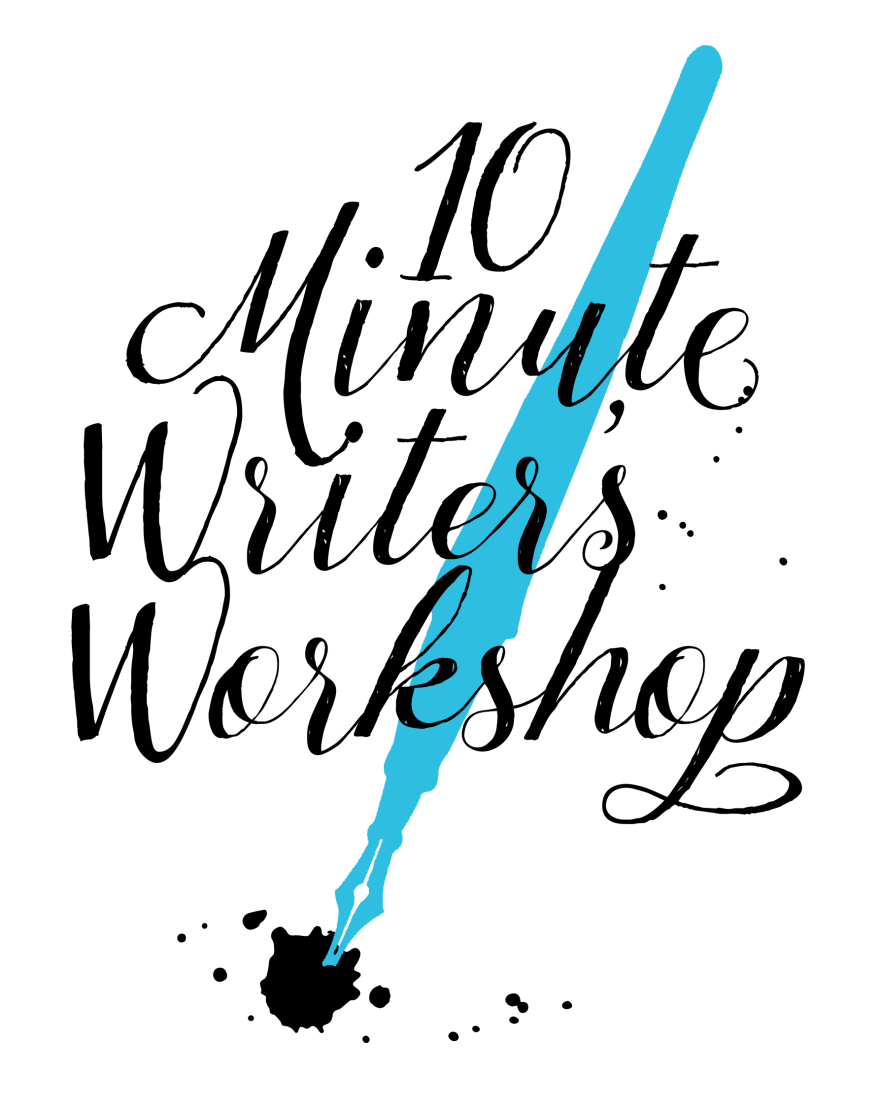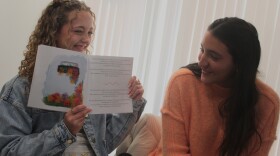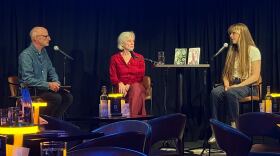Described as "David Lynch for teenagers," award-winning crime writer Megan Abbott. Her latest, The Fever, seemed to make every Best of 2014 list, from the Village Voice, to Amazon, to NPR. Her forthcoming novel, You Will Know Me, is out in July 2016.
We spoke to Megan from Manhattan on a busy NYC New Year's Eve, 2015.

Which is harder to write - the first sentence or the last?
Oh, definitely the first sentence. The first sentence, often that's the thing that stalls me for days, weeks on end. Because it's so much the pressure of really believing that this is the book, this is the story I should be telling. The last sentence tends to write itself, kind of spills out there at the end, and it's almost always the right one right off, which it rarely is in the first sentence.
Do you have any famous or well-known first sentences in your mind?
I really love The Great Gatsby - "In my younger and more vulnerable years..." is a favorite. There are so many great scary book ones, there're several Shirley Jackson ones that always ring in my head. The first line is so important. I know, particularly, literary agents who sometimes stop reading if the first line isn't good - so no pressure there for all of us.
That leads me to, how many times were you rejected before getting published?
Not that many times, though I've been rejected a lot since. My first time out, I was lucky to get an agent pretty quickly. I sent a query out to maybe half a dozen agents and I just got lucky. I think I assumed that it would just go that way there ever after, my whole experience in publishing, everything would be Yes! Yes! Yes! but it was not that way. It's a long distance marathon.
Are there any habits you'd encourage other writers to take up - or maybe to avoid - in order to be more productive?
I'd say to avoid, though I don't always avoid it, would be not to be too precious with a novel, with every sentence - other than that first one - because it really becomes the excuse not to write anything. I know writers who've polished the same forty pages of the beginning of a novel for years. One I think I would adopt is to read everything you can get your hands on that's somewhat in the world of the book you want to write - I think that's so important. And sometimes you might have to stop at a certain point and put that down, but I think reading everything you can get your hands on is foremost.
Web Extra - Listen to Megan talk to Virginia and Sara about documenting the alley behind her apartment building on Instagram (and follow her @melizaabbott)
What is your personal worst distraction from getting work done?
Social media. It's awful. [Laughs.] It gives and it takes away. You know, writing is a lonely profession, and you spend so much time alone there's something kind of wonderful about things like Twitter... there's all these other lonely writers out there and regular people that are not crazy. So, it becomes this delight and it can be very invigorating, but goodness knows it's the time suck of all time.
So, when you get off your social media and get back to it, do you generally edit as you go, or wait until the end, and why?
I edit as I go, I don't know any other way. It's not necessarily purposeful, but I always go back several pages before I start again each day, and so I end up editing throughout... I have to go back to go forward. I don't do a heavy edit until after the book is done, but I do a lot of paragraph, sentence editing as I go.
How much research do you do before you start, or do you do that as you go along?
Both, but a lot before I start. Almost all my books have some basis in reality, a real life event, so I tend to be inspired by research, by reading something in the newspaper and then sort of following the tendrils outward. And I like to write in worlds that I'm not familiar with - that's part of the pleasure for me.
What's the best environment for writing for you?
I have two places I write, and I can't write any other place - my office at home and this writer's space I go to in Manhattan, which is completely silent and in this old creaky building with mice. They're both really dank, kind of quiet places, and I do better there.
What do you think is the most common mistake that new writers make?
I think sometimes they're trying to write what they think will be successful, you know, "I want to write the next Gone Girl," whatever is the big book out now... The Girl on the Train. They think they need to do that rather than following [their] passion. It sounds like a cliche, but most cliches are cliches because they're true, and that's one of them. If you don't, it'll read like a book that was written to become a bestseller, and no one really likes to read those.
Are there any books you would recommend as tools to learn about writing?
I don't read many of them, but when I've taught writing I've used many of them... I think the Stephen King book, On Writing, is great. I love to read writers' journals. Sometimes I'll read Sylvia Plath's journals or other writers that were compulsive diarists, because then you kind of get in their head, and I find that more helpful than a how-to book.
What's the best piece of advice you ever received about writing?
Don't censor yourself and don't judge yourself and don't judge your characters. Which is, I guess, three pieces of advice, but I see them all together. Especially the third one, don't judge your characters, which I think is easy to do - especially since your readers will! But I think you have to go into the book loving them all, even the darker ones or they won't feel real to the reader. You have to be interested in all their dark corners.








